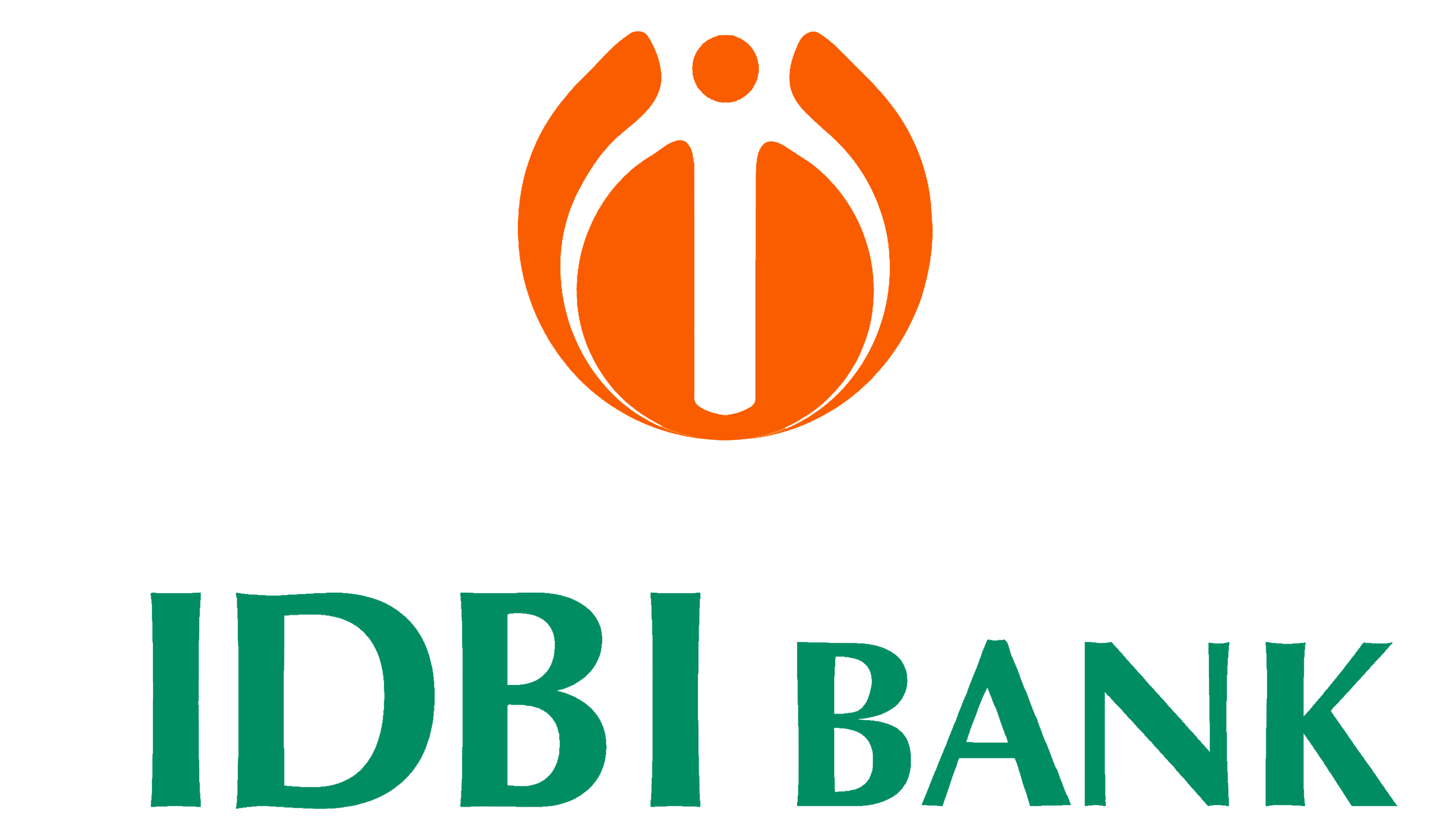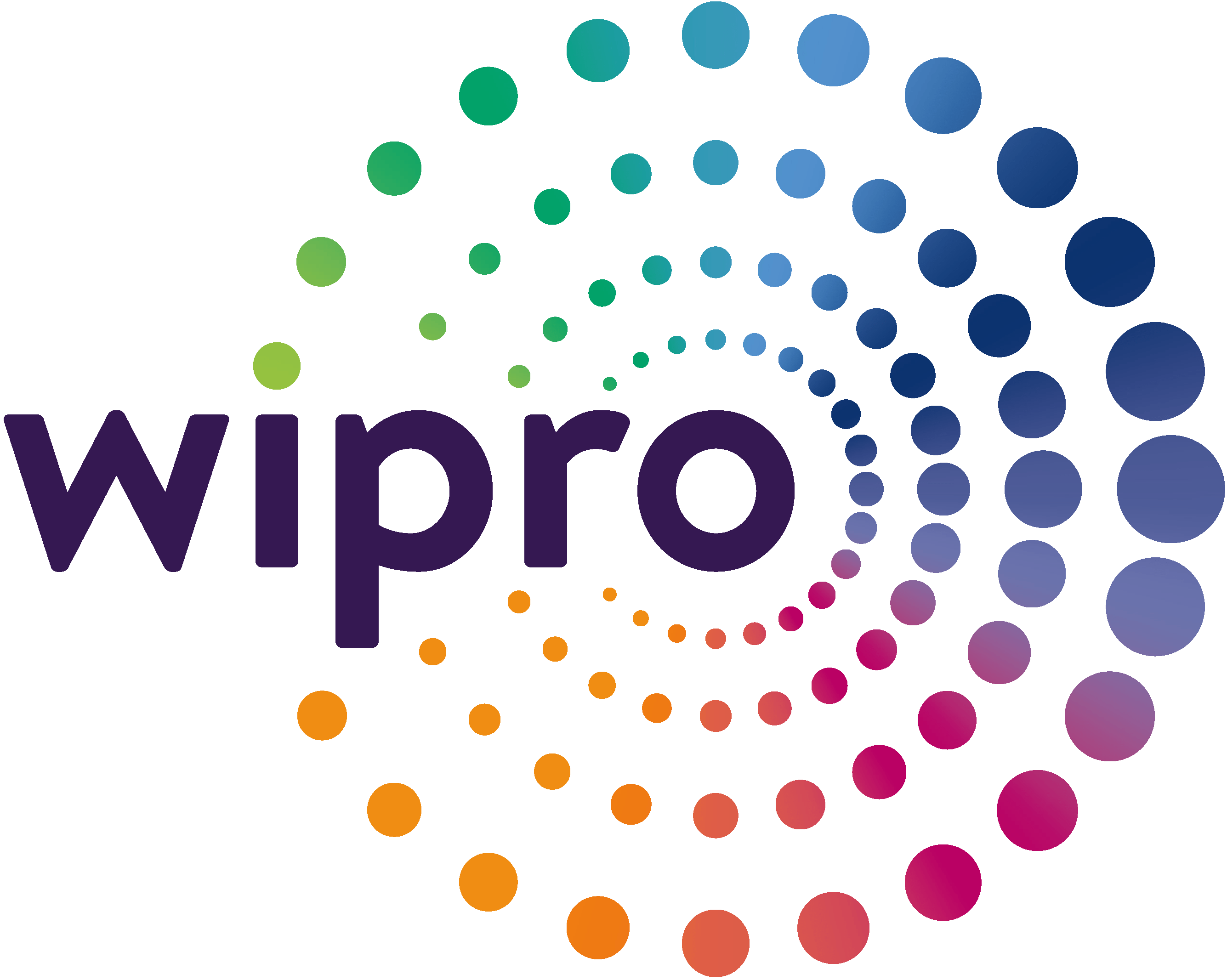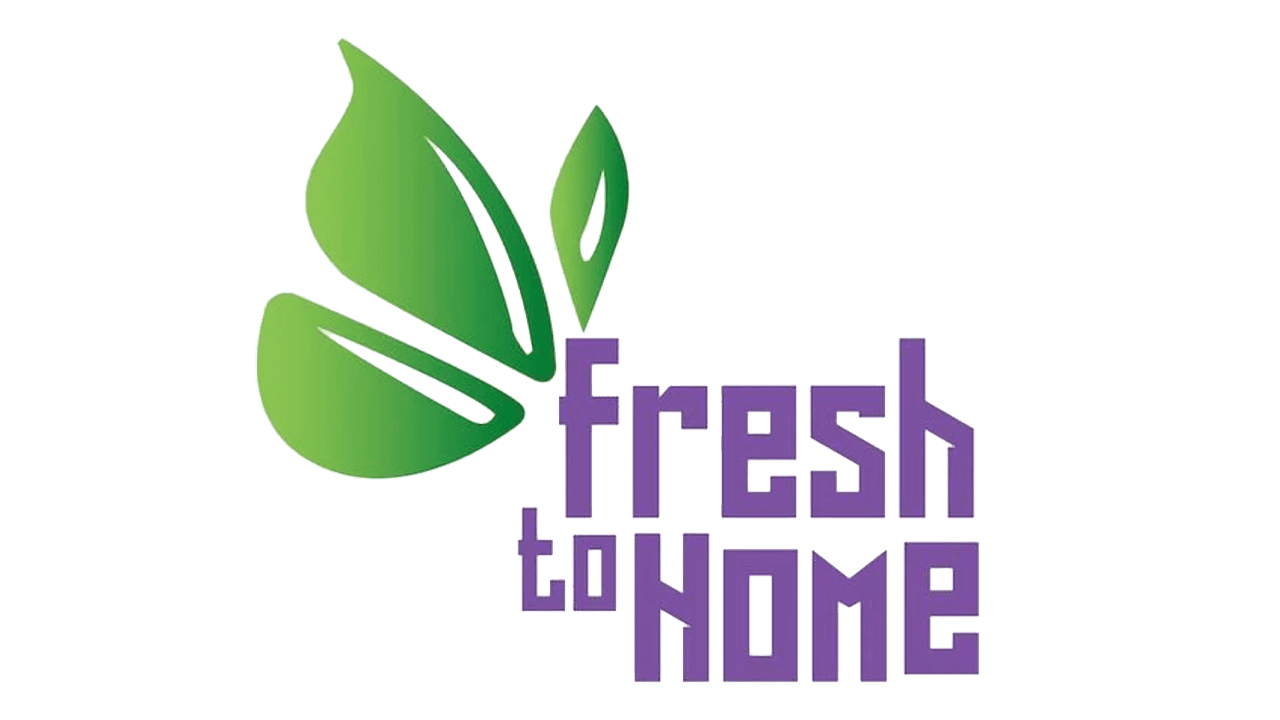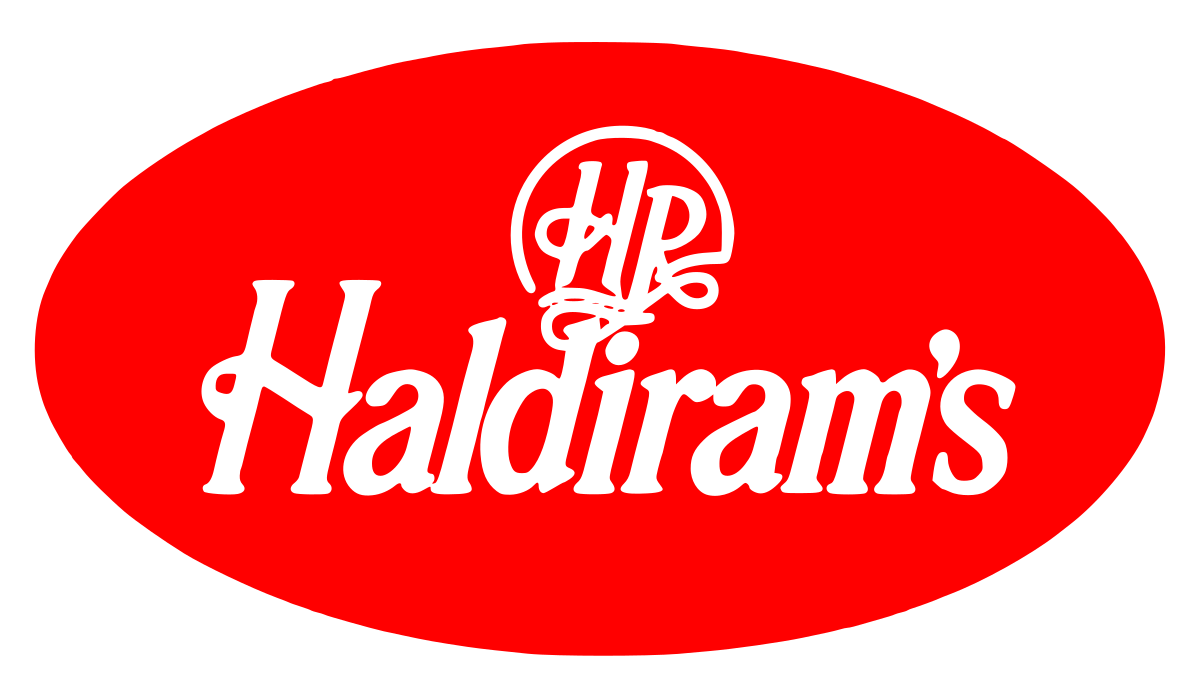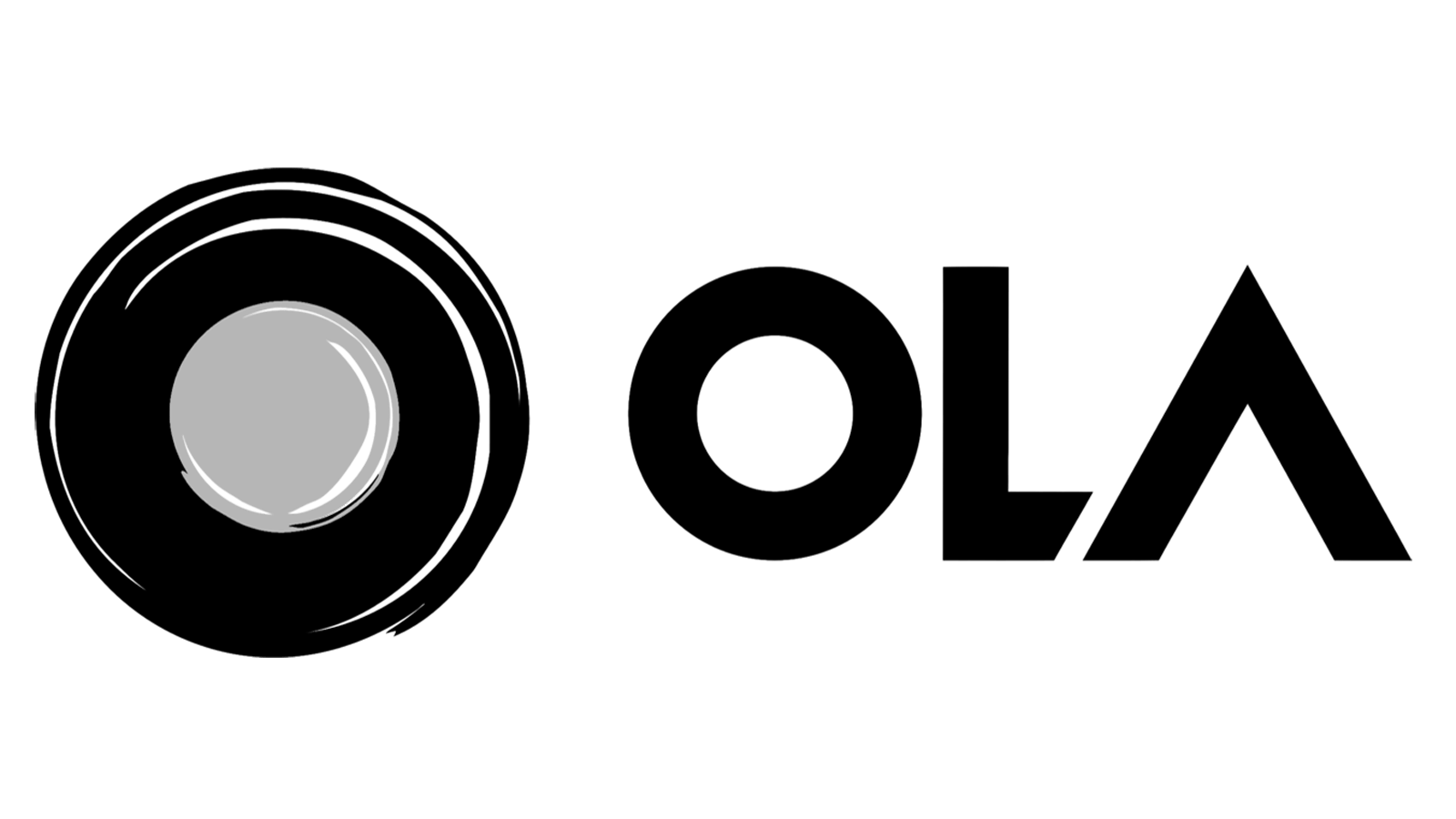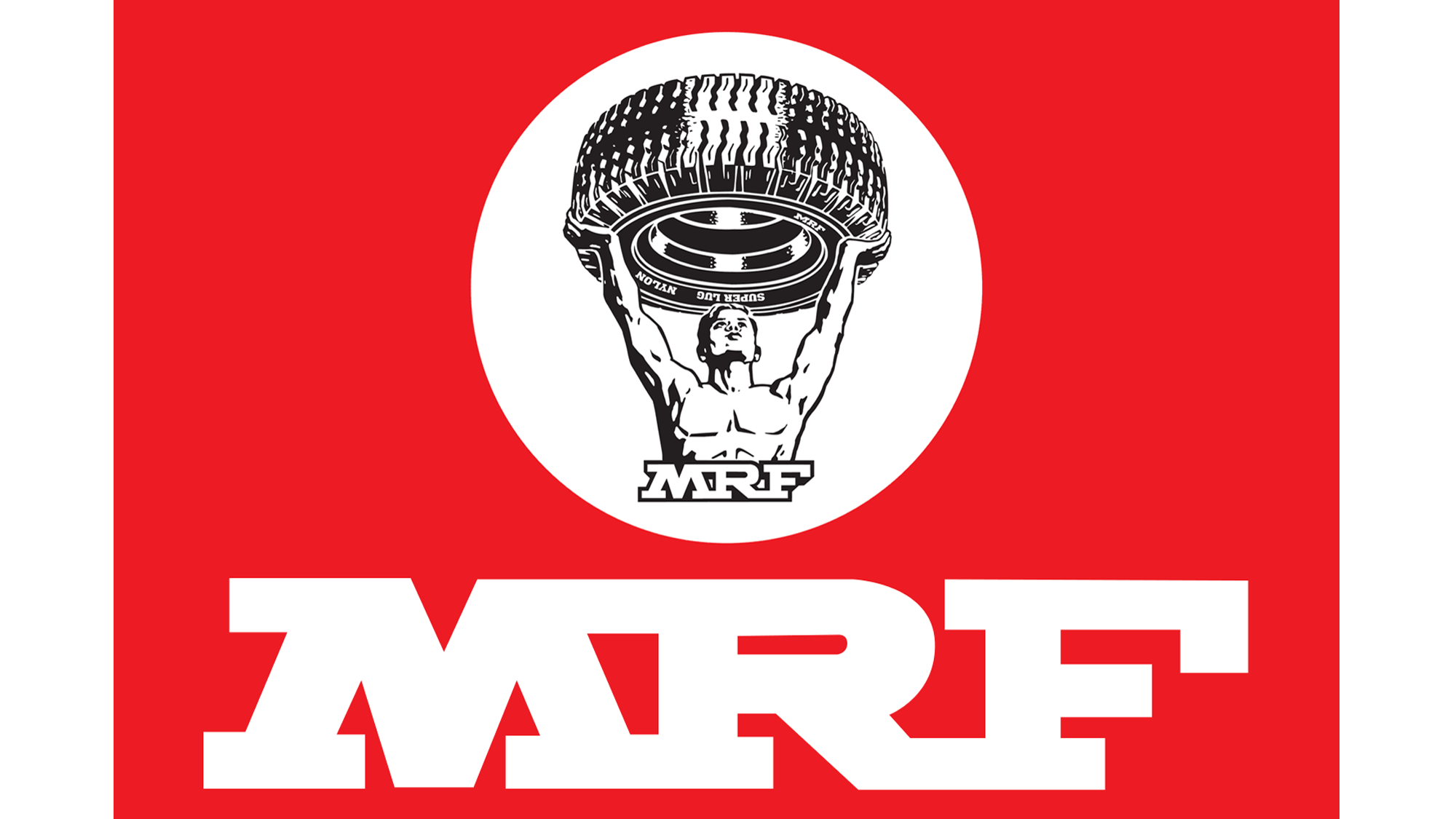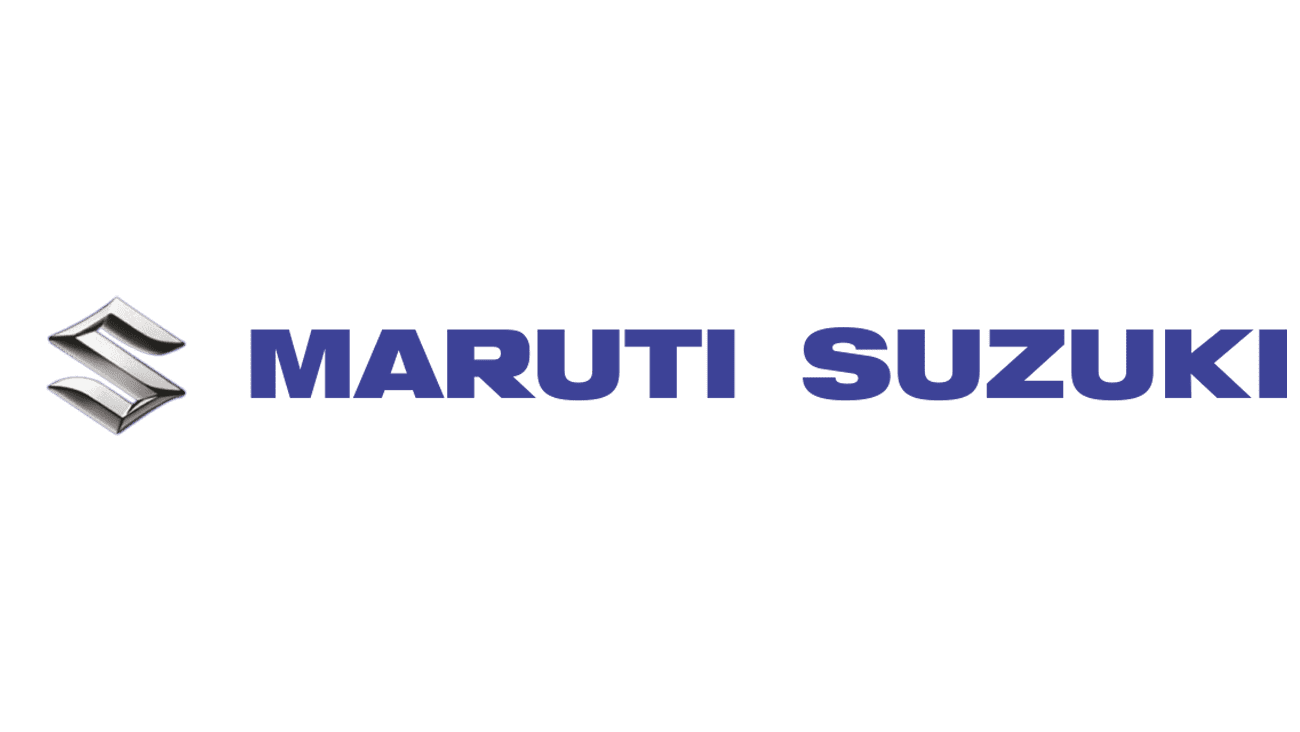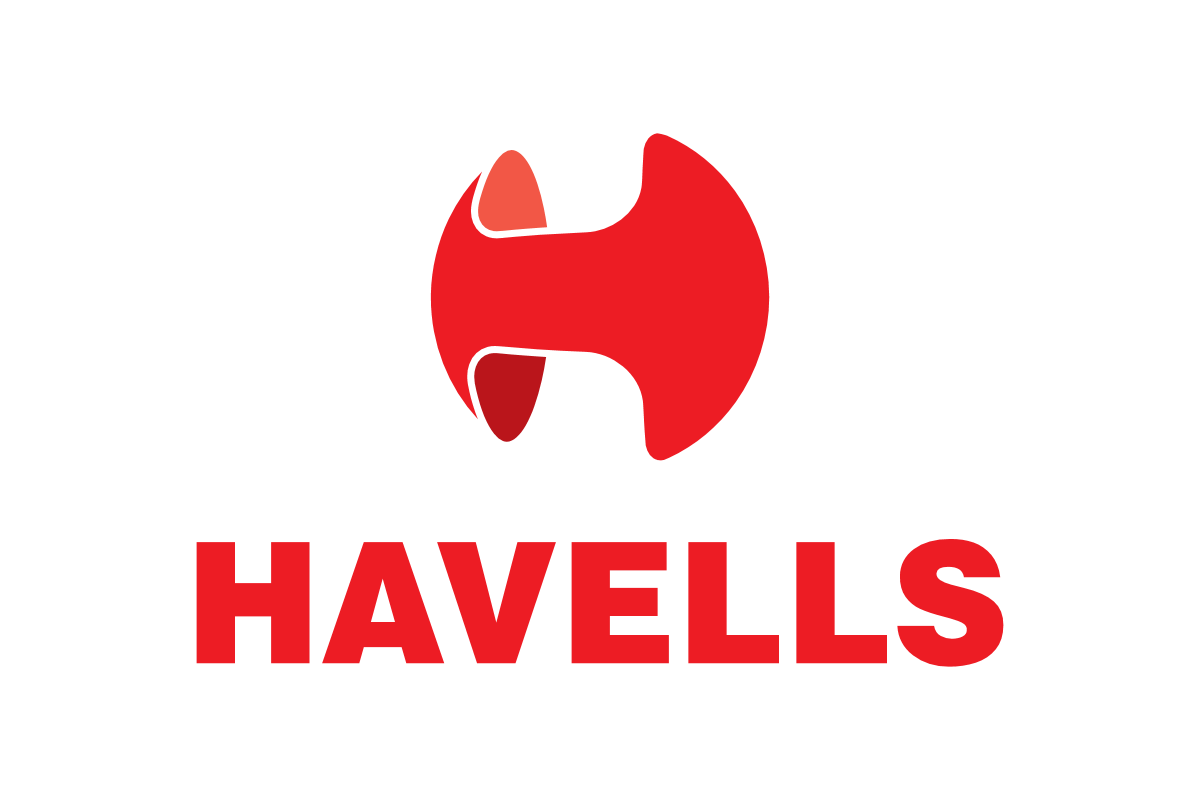Patent Infringement
Patent infringement occurs when a person or entity utilizes a patented invention without the patent owner’s permission, violating their exclusive rights. The Indian Patents Act of 1970 outlines the rights of patent holders and provides legal mechanisms for addressing such infringements.
Get Your Patent Infringement
Make your business global. Apply from anywhere in India with Patent Infringement
- Connect with our Experts
- Submit Your Required Documents
- Track Application Status
- Received your Certificate



